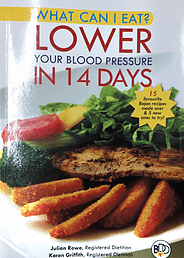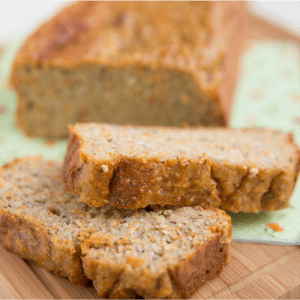Polycystic ovarian Syndrome (PCOS) has become a very common condition, that is becoming recognizable in late teens and early 20s. It is a hormonal challenge that impacts many different parts of your body and may affect your quality of life, if ignored. Presentation includes:
- Having an irregular period or your period has completely stopped
- Infertility issues such as having miscarriages or difficulty getting pregnant
- Body hair that grows in areas where it is normally absent such as the face, chest and back
- Hair thinning or hair loss
- Pelvic pain
- Weight gain
Women with PCOS are at a higher risk for metabolic syndrome. Metabolic syndrome is a group of conditions which increases your risk for heart disease, stroke and type 2 diabetes. This can include high blood pressure, excessive weight around the tummy area, high blood sugar and cholesterol.
The treatment plan for women with PCOS is to regulate your period, reduce androgen (the male hormone responsible for many of the symptoms) and control insulin levels.
To reach these goals an overall healthy diet is suggested, which should include fruits, vegetables, lean meats and whole-grain foods. Along with this your diet should be rich in Omega 3 Fatty Acids as they can regulate your hormone levels and give you better control of your insulin levels.
Omega 3 Fatty Acids can be found in
- Salmon
- Albacore tuna – read your label to avoid high levels of mercury, especially if pregnant
- Sardines
- Herring (both red/smoked and fresh)
- Mackerel
- Hemp hearts
- Ground linseed
- Chia seeds

Aim to add these foods daily to your diet to reach your health goals. Weight loss is very important as it can make you feel better and can also return your period to normal. Pairing a healthy diet with regular exercise is a great way to reach these goals. You should work closely with your dietitian to set practical, and safe weight loss targets.






